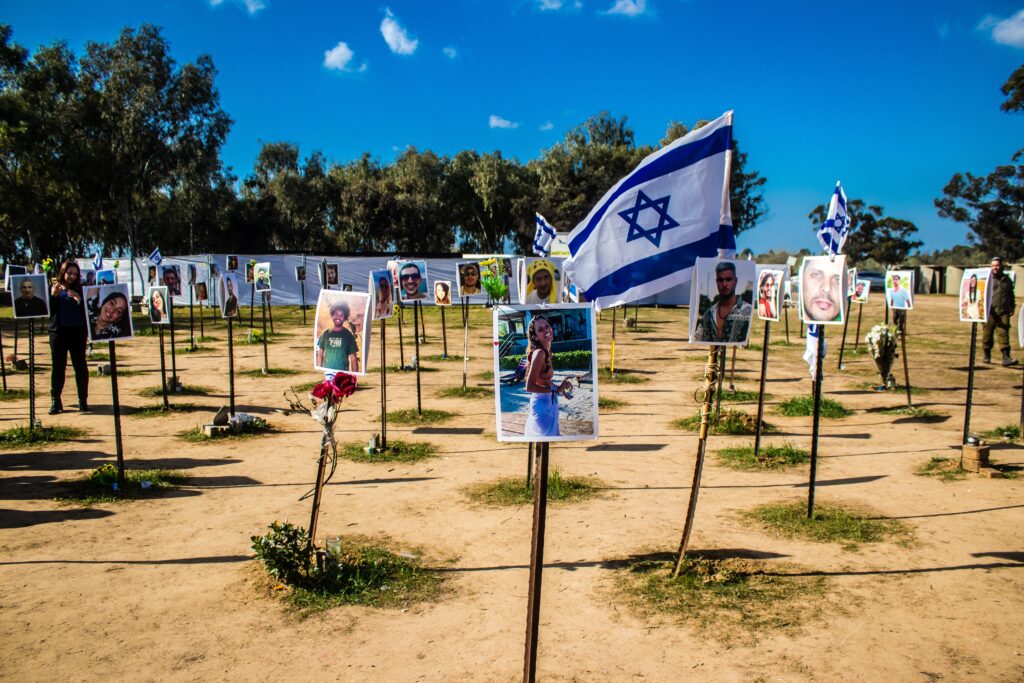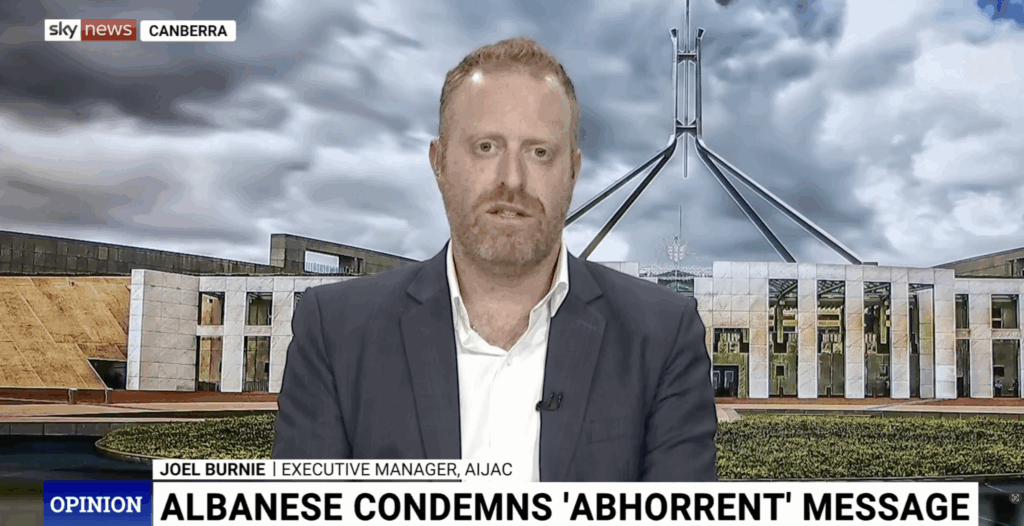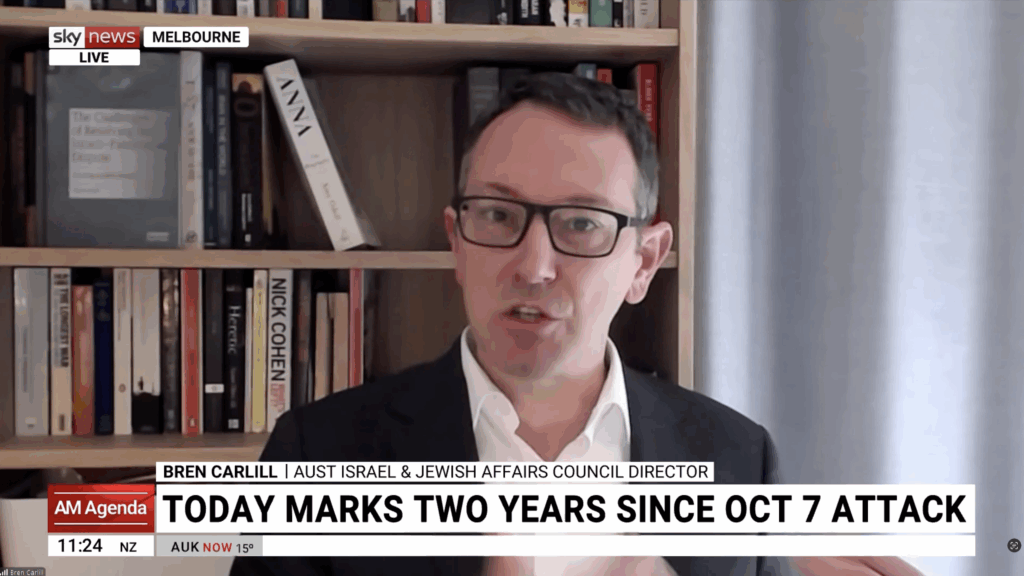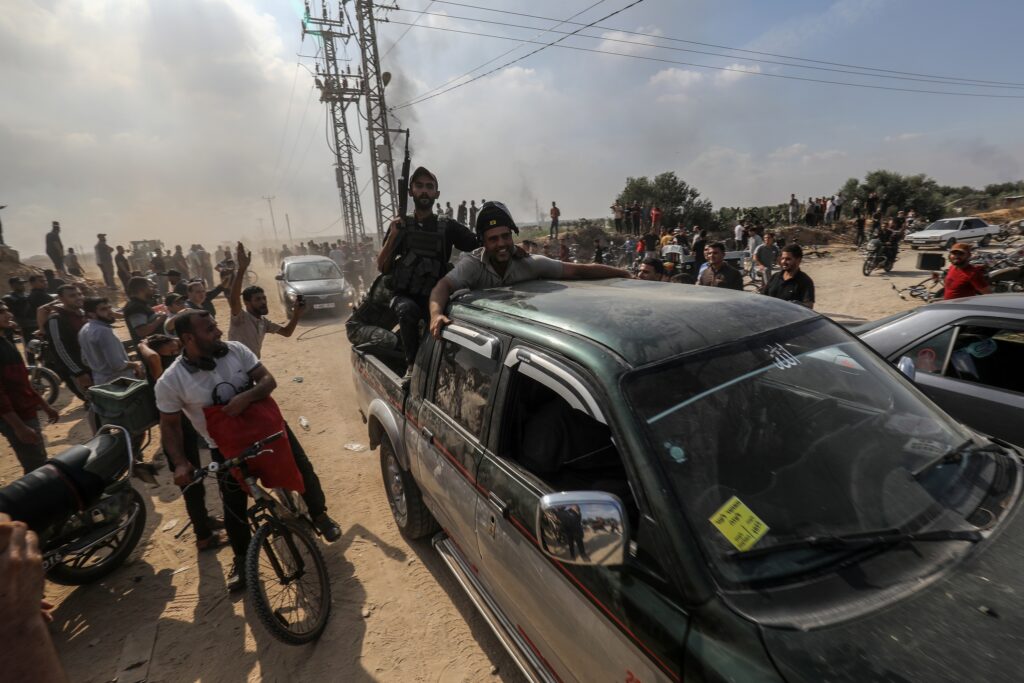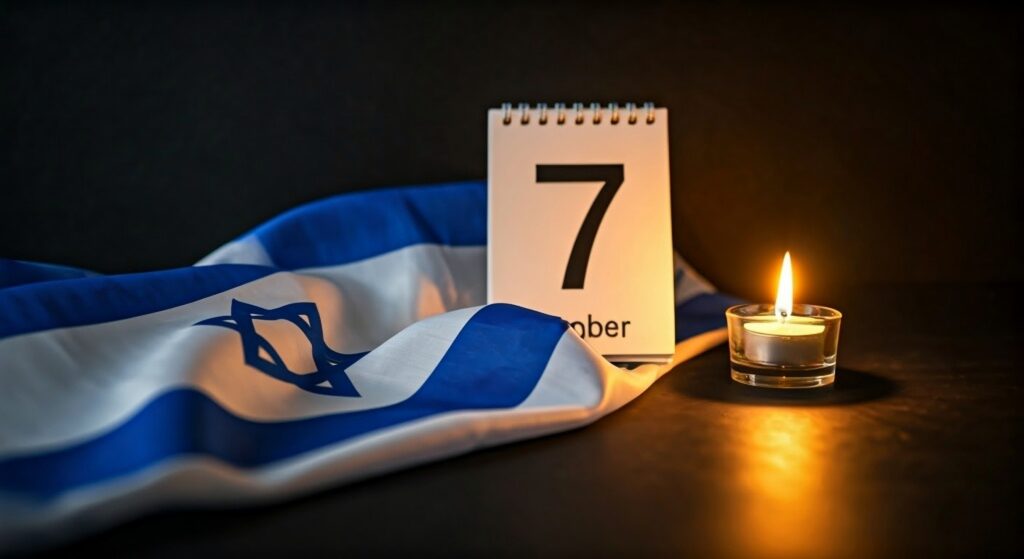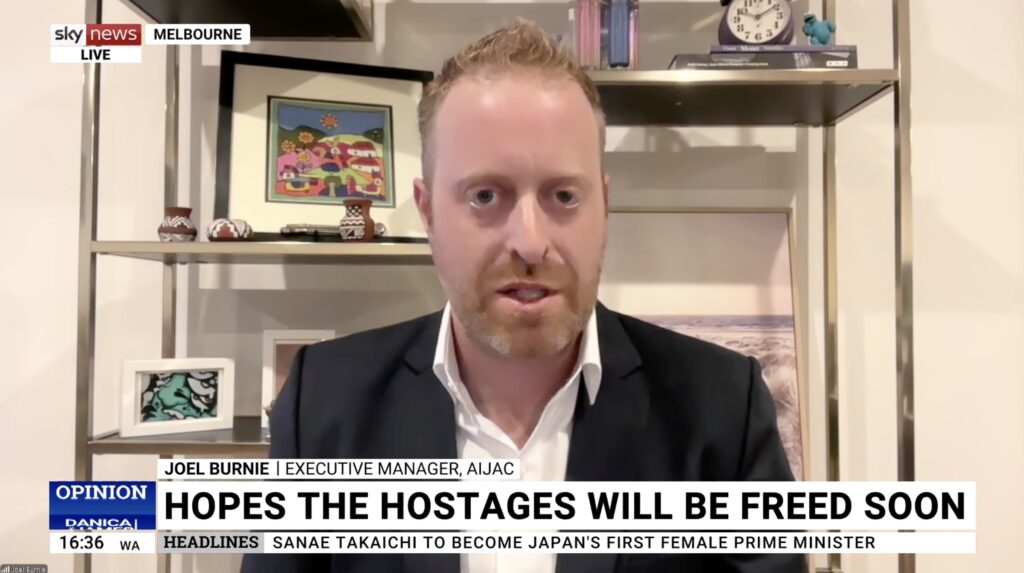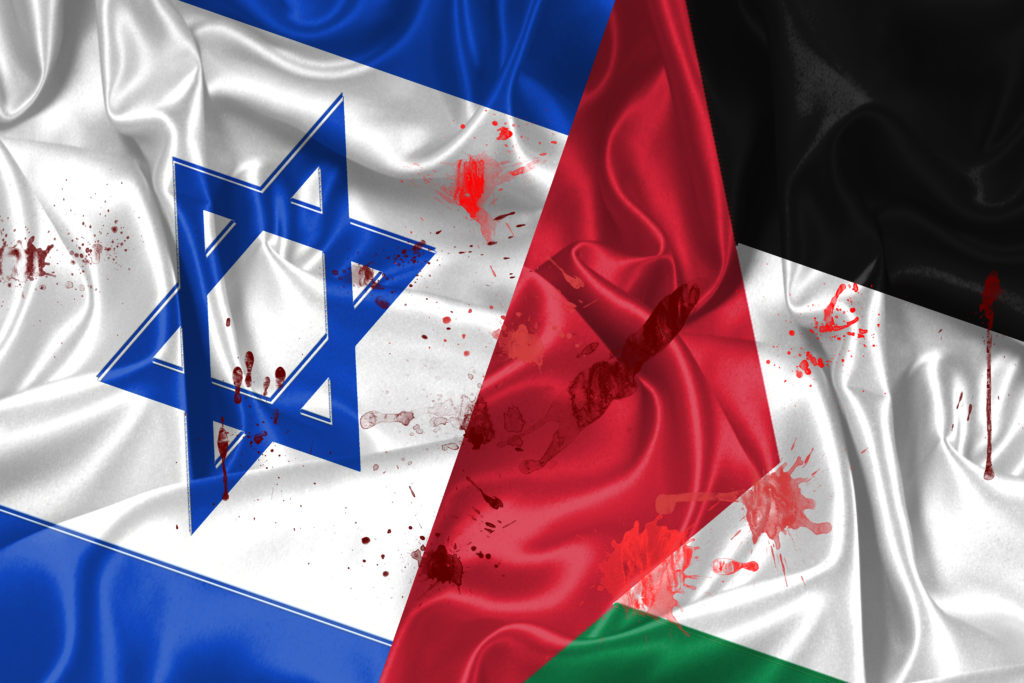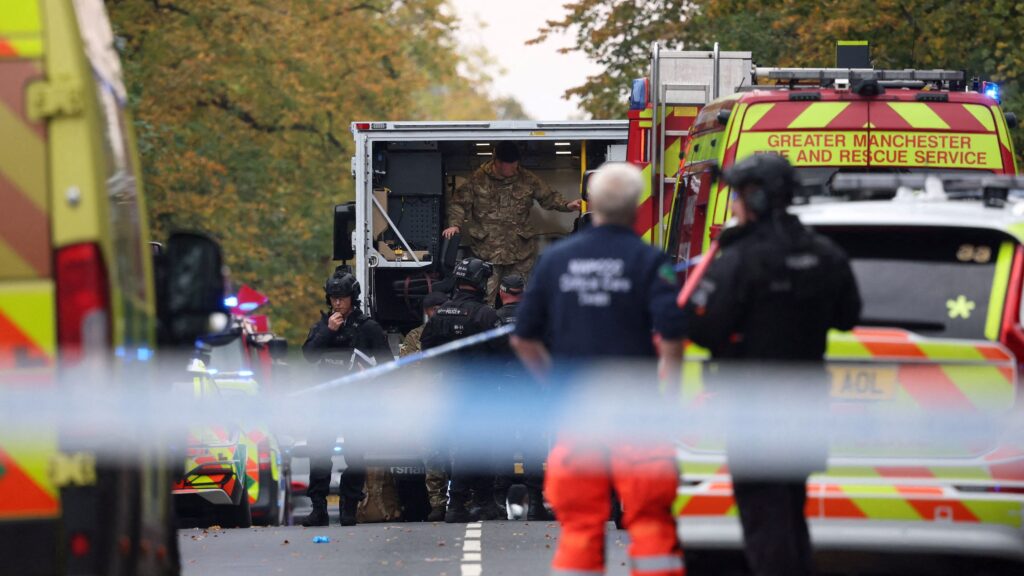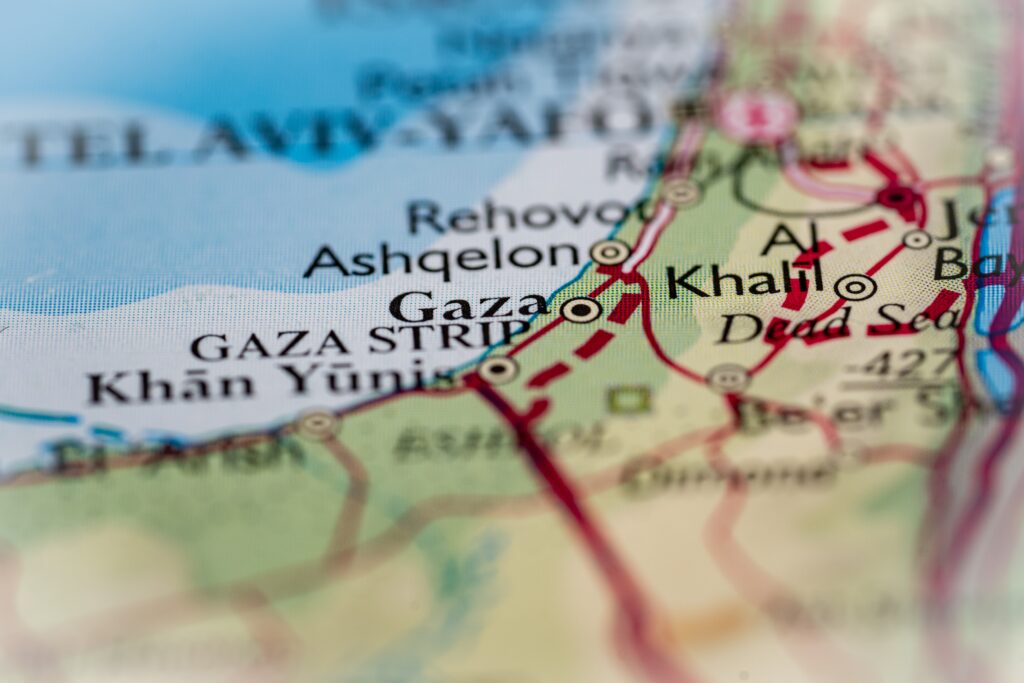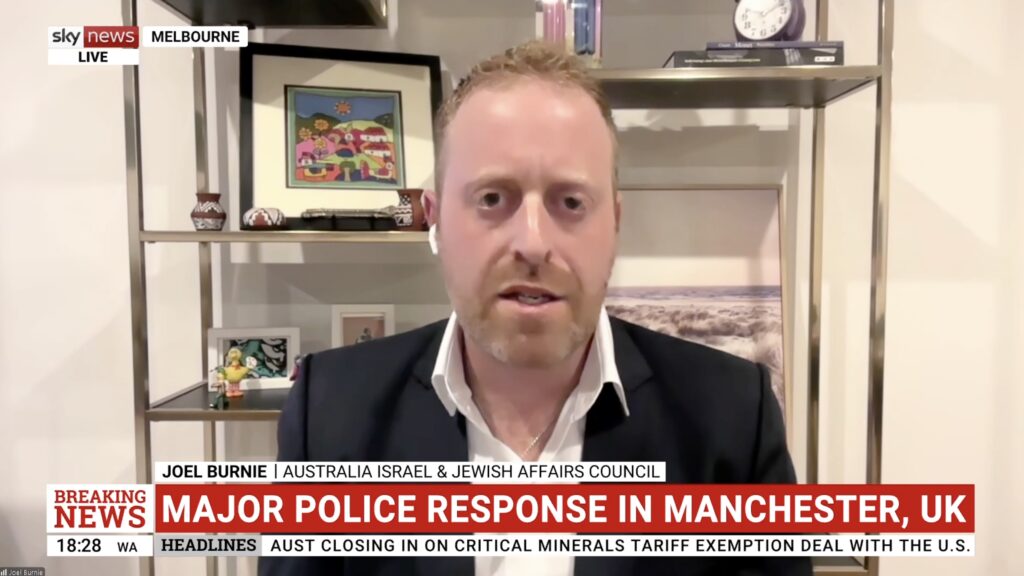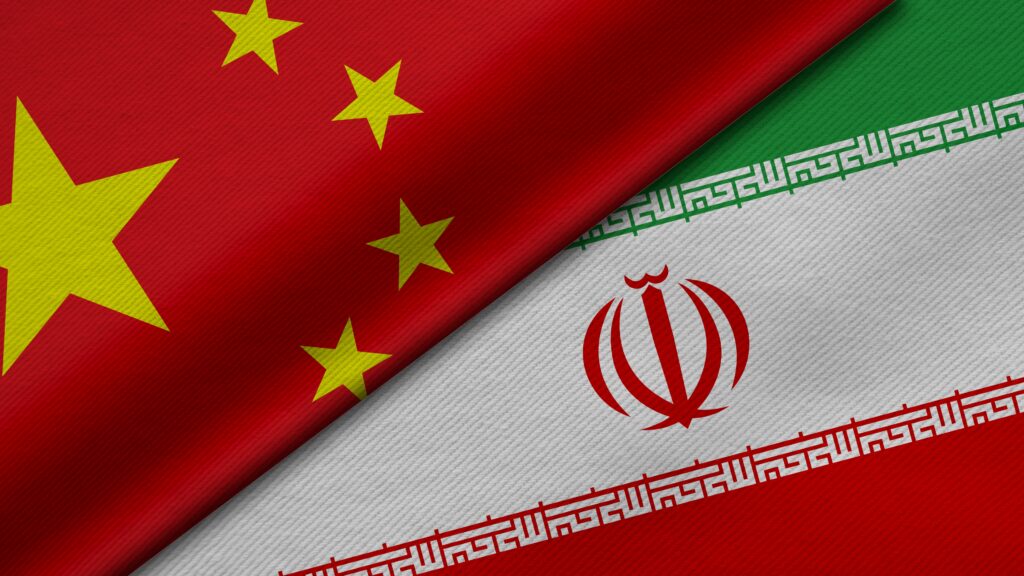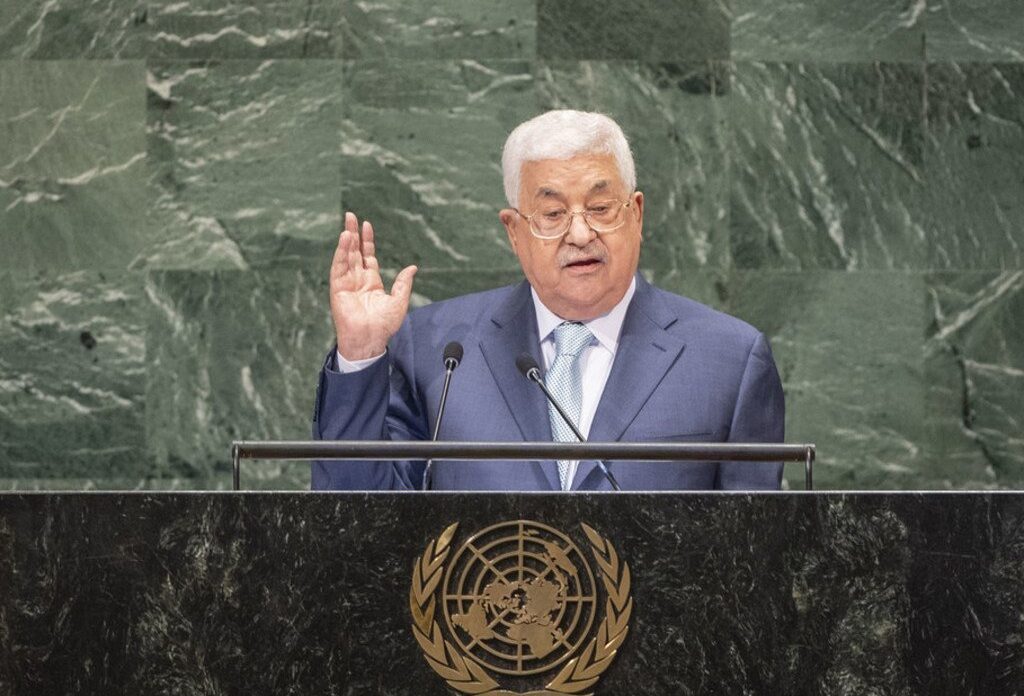Featured
‘The worst two years’: Israeli lives remain entangled with grief and hope
Much of the world has since moved on from the events of that terrible day, focusing attention instead on the high death toll and widespread destruction in Gaza following Israel’s invasion of the Gaza Strip. But Israelis remain trapped in a psychological time loop, a kind of “Groundhog Day” of horror, reliving the nightmare…
Read MoreAntisemitic graffiti on October 7 anniversary “deeply saddening”: Joel Burnie on Sky News
AIJAC executive manager Joel Burnie discussed the protests and pro-Hamas graffiti seen in Melbourne on Sky News’ Bolt Report.
Read MoreA terrible two years for the Australian Jewish community: Bren Carlill on Sky News
AIJAC director of special projects Dr Bren Carlill discussed the 2-year anniversary of the October 7 attacks with Laura Jayes on Sky News.
Read MoreWhen Israel woke up on October 7
In the years before October 7, Israel did what the world had done for eight decades – it lulled itself into believing that its enemies didn’t mean what they said. Israelis thought that if money went into Gaza, if Gazans could work in Israel, if Gaza’s economy improved, then Hamas, as Gaza’s ruler, wouldn’t want to throw that away… But Hamas attacked anyway, and Israel woke up.
Read MoreAIJAC mourns on the anniversary of October 7: “The day our world changed”
It truly was the day the world changed for all of us at AIJAC, and indeed for the entire Australian Jewish community, and for Jews around the world.
Read MoreCautious hope in Israel for Gaza conflict deal: Joel Burnie on Sky News
AIJAC executive manager Joel Burnie discussed the Gaza conflict deal on Sky News’ weekend edition.
Read MoreGaza peace plan offers hope, but also faces major hurdles
Hamas is very reluctant to surrender its last remaining bargaining chips: the hostages and its weapons. A vague promise of future statehood and the return of the PA is not enough of an achievement to justify what befell the Palestinians as a result of the 7 October attack.
Read MoreAIJAC deeply sorrowed by Manchester attack, calls on Australian leaders to pay attention
As deep as our sorrow is, it does not come with any sense of surprise. For two years, we have been warning about the consequences of the violent rhetoric that has been emerging from the intersection of the anti-Israel hard left, Islamists and the antisemitic hard right. Our political leaders have often avoided confronting this wave of verbal hatred.
Read MoreTrump’s Gaza deal may be the last best chance for peace
Achieving the Plan will be probably be tortuous. Many of the details will need to be negotiated, and any of these could potentially derail it. And it will only truly work if Hamas agrees.
Read MoreAntisemitism “a toxin festering through the violent rhetoric on our streets”: Joel Burnie on Sky News
AIJAC executive manager Joel Burnie discussed the fatal antisemitic attack in Manchester with Sky News’ Danica DiGiorgio.
Read MoreChina could be the key to the success of the renewed “snapback sanctions” on Iran
This week saw the reinstatement of comprehensive UN sanctions on Iran under the “snapback” mechanism of the 2015 Joint Comprehensive Plan of Action (JCPOA) nuclear agreement, after the UK, France and Germany triggered this process in late August, citing Iran’s blatant non-compliance with the deal’s provisions.
Read MoreAbbas said some positive sounding things in UN speech – pity they are so far-fetched
It seems clear the Abbas-led PA is not capable of real reform, as it has demonstrated for decades. But even if it were, it has almost no support among Palestinians and no means of enforcing its writ even in the West Bank, much less Gaza. Unless and until that changes, Abbas’ commitments and call for peaceful coexistence in this speech will remain as symbolic and meaningless as the recognition of Palestine by Australia and other Western countries.
Read More
